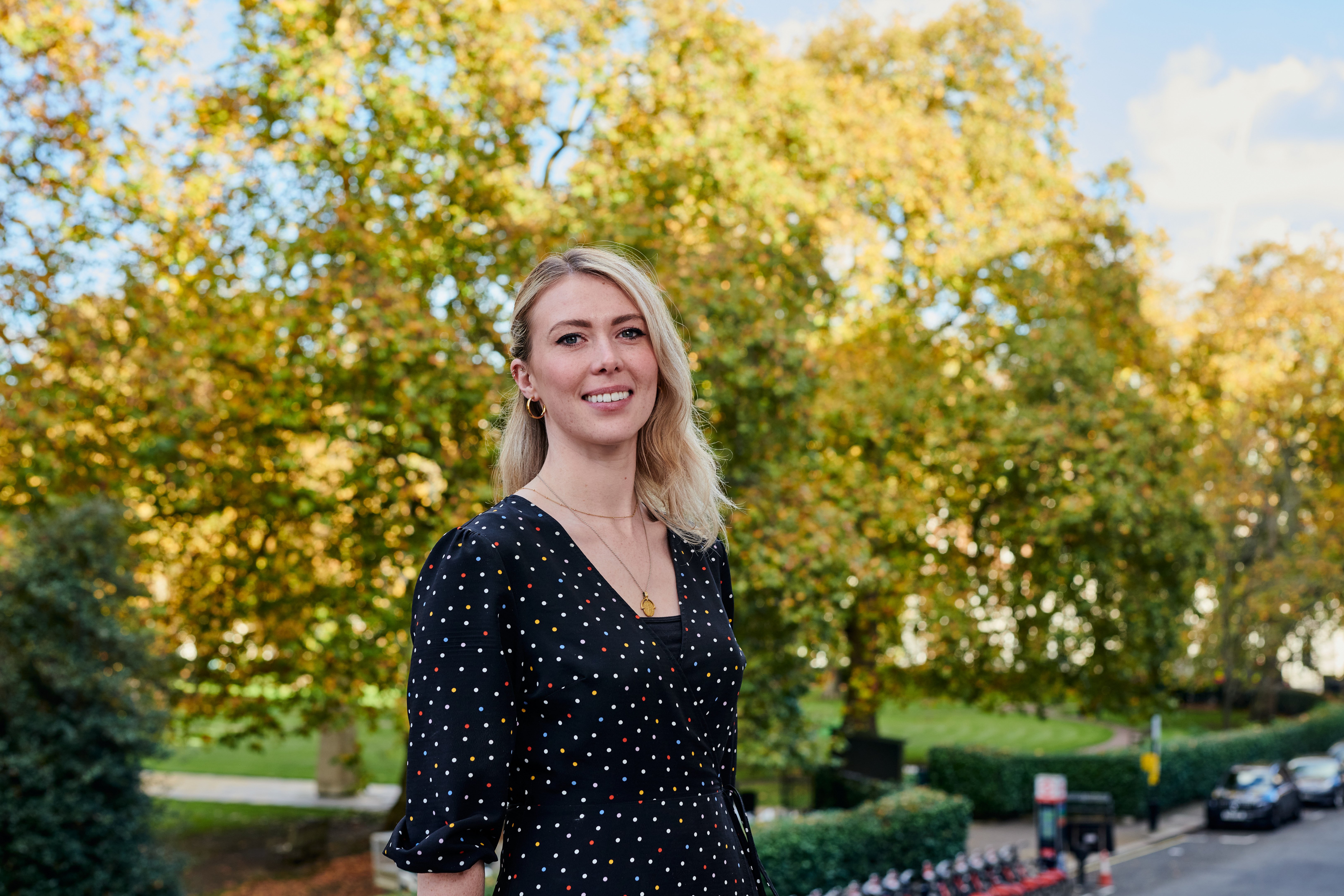12 MARCH 2024
Blog: The power of community insight
Nicola Rochfort, Community Engagement Lead
From decarbonisation to addressing the housing crisis, the property sector has the potential to play a significant role in tackling many challenges society faces. It’s equally well positioned to respond to local issues impacting day-to-day life, such as loneliness, feelings of safety and access to green space.
But how do we know we’re looking at the right challenges or for that matter, the right solutions?
Over the last five years, many in the sector have got better at listening. And by that I don’t just mean showing up with a clipboard to tick boxes. I mean actually listening to what people want in their area. Acknowledging the expertise of residents who know a neighbourhoods' culture, history and social dynamics intimately, and demonstrating how this knowledge influences decision making.
But even well-executed community engagement hasn’t always been exhaustive. Which is why the increasing democratisation of data – access to deep wells of information which can be layered onto other findings – is exciting for this discipline.
More purposeful and confident decisions can be made when informed by an in-depth understanding of a locality which goes beyond traditional engagement. At Grosvenor, we’ve begun to leverage existing datasets alongside localised insights from primary research to inform our activities. During 2021-2022, to assess community wellbeing in a consistent way, we carried out extensive research using nationally recognised indicators and ONS survey data for the first time. This analysis focussed community workshop discussions exploring priority wellbeing levers and how they could be influenced.
The findings were valuable, and in many cases backed up what we’d already picked up anecdotally, such as highlighting poor perceptions of safety and high levels of loneliness. However, the rigour of data coupled with local lived experiences gave a new credibility to the discussions (including around trade-offs) and confidence in the interventions agreed both within our teams and locally.
Sociodemographic data can also help ensure engagement is inclusive - identifying underrepresented groups and allowing us to seek their input more purposefully. If your sample is skewed one way, you can more easily recalibrate or course correct. During our wellbeing research, we weighted resident data to ensure it matched local demographics and held dedicated workshops for young people and social housing residents to make sure their views were heard. New digital tools like Commonplace also helped broaden participation by making the process more inviting, flexible and visual.
Harnessing insights doesn’t have to be expensive and there are several open-source datasets available to us all for free. NomisWeb gives access to millions of data points from the Census and the Labour Force Survey, the Annual Survey of Households and Earnings to name a few, all split data into a range of small geographies. Or there’s OpenStreetMap, which is like a Wikipedia for places, telling us everything from the density of street trees, to number of benches, and local amenity provision.
Data also enables us to make better informed decisions, reducing the risk of wasted investment. In the same way that we’d invest in market trends analysis, construction costs or regulatory changes, we can look to insights to focus decision-making and maximise impact.
The next stage of progressive community engagement is data-informed but remains people centric. By leveraging the benefits of data, while giving weight to local voices, we can garner a more representative understanding of what a place needs.
Bios
Nicola Rochfort
Nicola Rochfort leads on Community Engagement for Grosvenor, a company that helps make and manage places where communities, businesses and nature thrive. Nicola champions the business-wide commitments in Grosvenor’s community charter, Positive Space, and delivers initiatives to give everyone a say in the future of their neighbourhoods, whilst maximising the potential of places to maximise social impact. This has included a wellbeing research programme to identify and respond to local needs, and Voice.Opportunity.Power, a youth engagement toolkit to normalise inclusive participation in placemaking and regeneration.
